Online Safety

Tips, advice, guides and resources to help keep children and young people safe online
As a parent or carer you play a key role in helping your child to stay safe online. Below we have shared a range of resources from National sources to support you and your child to use the internet safely, responsibly and positively.
What are the issues?
The internet – on the whole is a positive place. It is a resource which enables children to connect, communicate and be creative in a number of different ways, on a range of devices
However, the internet is always changing, and being able to keep up to date with your children’s use of technology can be a challenge.
You may sometimes feel that your children have better technical skills than you do, however children and young people still need advice and protection when it comes to managing their lives online.
Online exploitation is when someone uses their power online over a young person to make them do things either sexual or criminal (either online or offline). It can happen over any of the devices that a young person uses; such as online gaming, social media, messaging and live streaming. More information can be found in the NYSCP BeAware child exploitation knowledge hub, which can be accessed here: NYSCP (safeguardingchildren.co.uk)
It’s against the law for anyone to share a sexual image or video of someone who’s under 18, Childline are working with the Internet Watch Foundation (IWF) and Yoti and have developed “Report Remove” which is here to help young people under the age of 18 in the UK to confidentially report sexual images and videos of themselves and remove them from the internet. More guidance can also be accessed here: Reporting online images of my child
Sexually coerced extortion is a serious form of blackmail that involves the exploitation of nude, explicit or sensitive images or videos to coerce victims into unwanted actions such as sharing further explicit imagery or paying to prevent further sharing.
Perpetrators (often using a false identity) often target individuals through online platforms, social media, or dating apps. They may establish trust and rapport, leading victims to share intimate content willingly or unknowingly through webcam sessions or private messages.
For more information click here: Protecting Young People from Sextortion: A Guide for Parents and Safeguarding Professionals – Ineqe Safeguarding Group
Help if you’re worried about ‘sextortion’ or online blackmail (iwf.org.uk)
Only 4% of online content is public and can be searched. This is considered to be the surface web. The other 90% of online content is found on the deep web while the remaining 6% is on the dark web. Internet Matters have put together a guide to help you understand the risk for children and young people that you can access here: What is the dark web? — Advice for parents | Internet Matters
AI: Artificial intelligence is a field of study in computer science. It deals with creating machines that are ‘intelligent’ and can perform tasks like a human. A guide to artificial intelligence (AI) for parents | Internet Matters
The Metaverse: The metaverse refers to the development of an online environment that allows you to take part in day-to day activities that mirror your experience of the ‘offline world’. For example, you could go shopping, watch a film at the cinema or have dinner with friends. What is the Metaverse? | NSPCC, What-is-the-Metaverse-SSZM.png (1241×1754) (oursaferschools.co.uk)
Helping your child make positive choices.
The Cyber Choices programme was created to help people make informed choices and to use their cyber skills in a legal way.
Many young people are curious and want to explore how technology works, what vulnerabilities it has and how it interacts with other technologies. This can include learning to code or experimenting with tools discovered online. Its important that if young people are learning to do this, they do it in a safe and legal way.
If you’re looking for more information on how you can help young people use their cyber skills positively, then download one of these helpful Cyber Choices leaflets:
Parents/Guardians/Carers Leaflet (3.13 MB)
The Law and Consequences of Breaking It Leaflet (514 KB)
Development Resources Leaflet (416 KB)
Who can help?
Listed below are some helpful National organisations who have developed practical advice and resources for parents and carers when it comes to supporting your child to use the internet safely.
NSPCC have a wide variety of resources for parents and carers looking at online safety. Including the TRUST toolkit for setting up your child’s first phone, and managing mental wellbeing online.
Techosaurus is a guide to help have those first conversations with children about online safety.
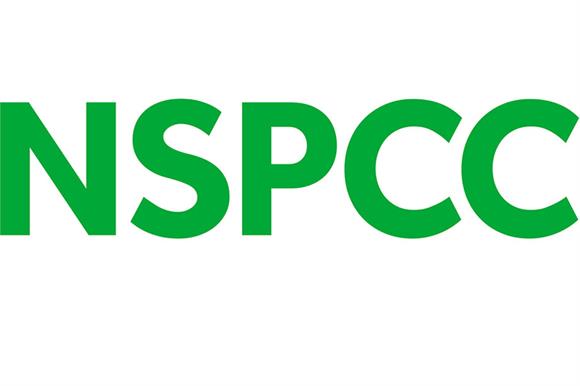
Internet Matters supports parents and professionals with comprehensive resources and expert guidance to help them navigate the ever-changing world of child internet safety. They include information and advice by age, setting parental controls on a wide variety of apps and games and resource on how to speak to children about safe internet use.

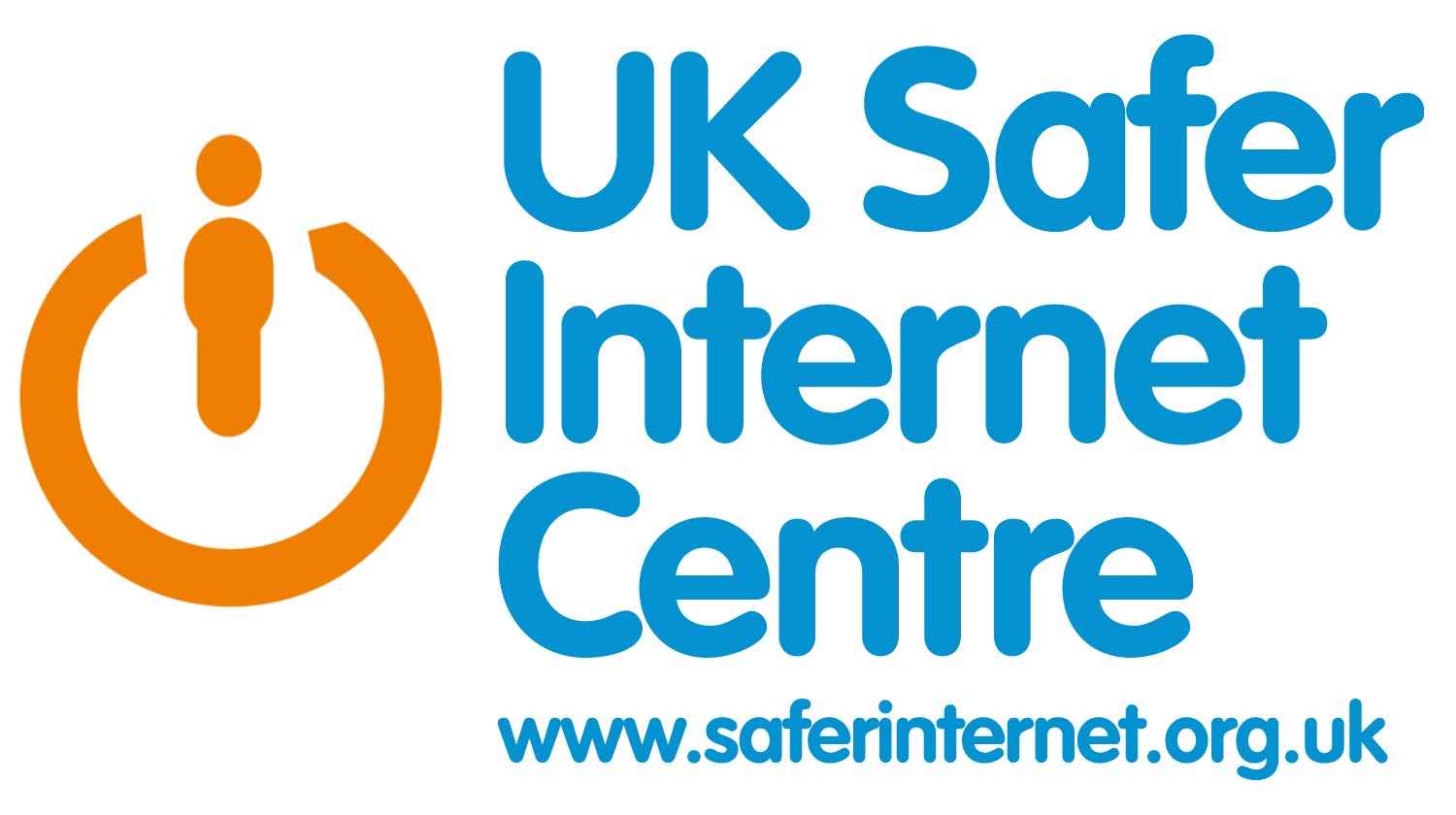
UKSIC have a range of information for parents and carers on highlighting the issues of internet, how to have a conversation with your child about staying safe online, safety tools on social networks, parental controls offered by internet providers, guides to technology and resources.
NSPCC in partnership with O2, provides useful information for parents about the most popular and current sites, apps and games used by children. The free tool, called Net Aware is updated regularly. In addition, each site/app/game has free advice from O2 on how the privacy settings work for that particular platform.
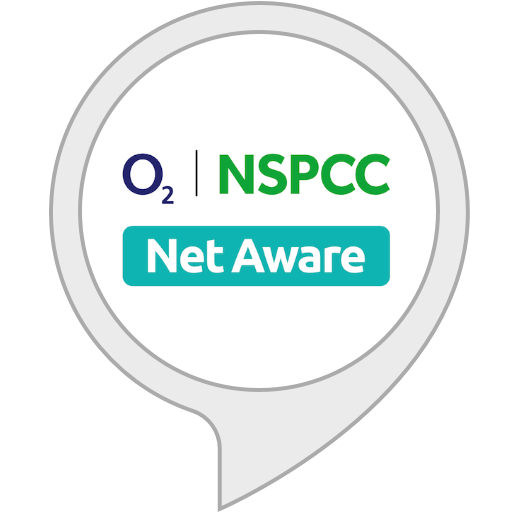

Childnet has a range of information to support parents & carers in helping to keep their child safe online. This includes advice on parental controls, hot topics, toolkits, family agreements, guides on how to have a conversation about online safety, how to report harmful content.
The National Crime Agency’s CEOP Education team aim to help protect children and young people from online child sexual abuse.
They do this through our education programme, providing training, resources and information to professionals working with children, young people and their families. They hold resources for different age groups of children as well as resources for parents and carers.

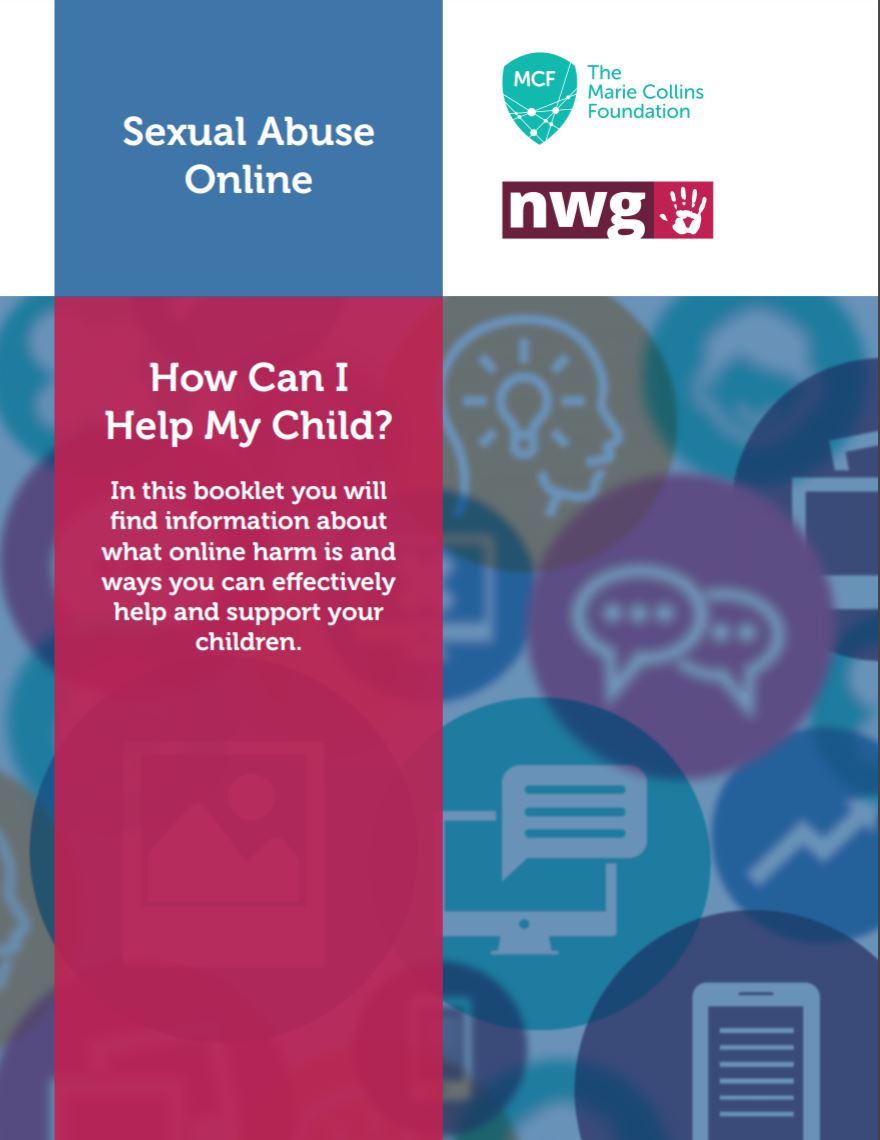
The Marie Collins Foundation in partnership with the National Working Group have developed a resource to support parents/carers with regards to how to respond when it is discovered that a child has been harmed online.

The Home Learning Hub is a free library of resources to support parents and carers who are taking the time to help their children be safer online. They hold a wide variety of resources and pintable’s.
Resources for children with SEND
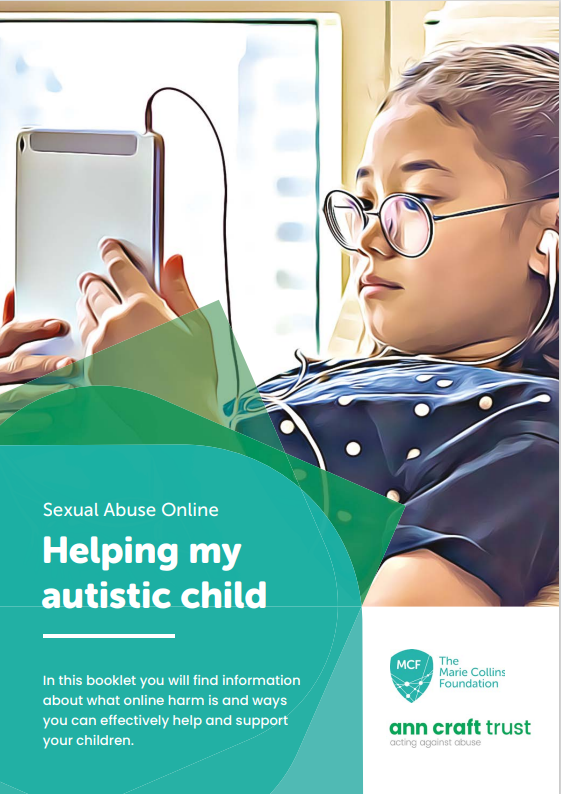
The Marie Collins Foundation in partnership with the Ann Craft Trust have developed a resource to support parents/carers of autistic children keep safe online.
The leaflet explains the sorts of risks children and young people might face online. But the leaflet also lists the various ways being online can benefit autistic children.




 View all our news
View all our news